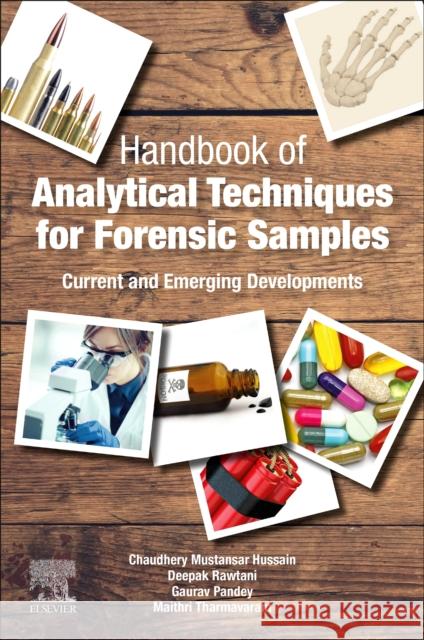Handbook of Analytical Techniques for Forensic Samples: Current and Emerging Developments » książka
topmenu
Handbook of Analytical Techniques for Forensic Samples: Current and Emerging Developments
ISBN-13: 9780128223000 / Angielski / Miękka / 2020 / 478 str.
Kategorie:
Kategorie BISAC:
Wydawca:
Elsevier
Język:
Angielski
ISBN-13:
9780128223000
Rok wydania:
2020
Ilość stron:
478
Waga:
4.46 kg
Wymiary:
22.86 x 15.24 x 2.44
Oprawa:
Miękka
Wolumenów:
01











